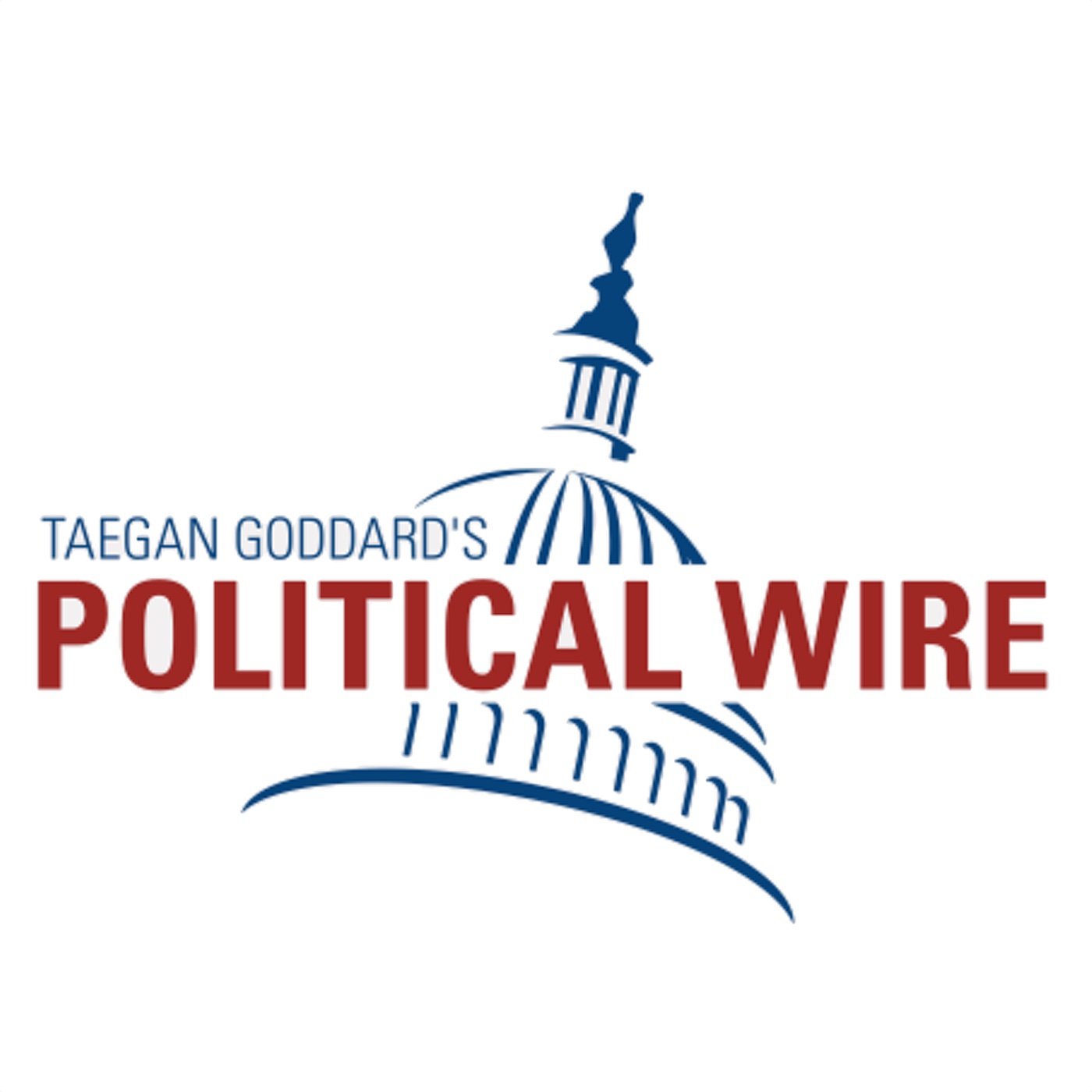
Matthew Yglesias: “The collapse of Silicon Valley Bank is in part a story of mismanagement and poor regulatory supervision, but it’s also in an important sense a consequence of the decision by the Federal Reserve and other major central banks to fight inflation by raising interest rates. Which in turn should put on the table the long-ignored question of why exactly interest rate hikes have become the world’s preferred anti-inflationary measure.”
“A big part of the answer is simply that raising interest rates is a thing that central banks have the legal authority to do, and there’s widespread belief that it makes sense to delegate macroeconomic stabilization to central bankers. But if you step back from that aspect of institutional design, there’s a strong argument that taxes are a superior inflation-fighting tool, one that would slow inflation in a more direct and more predictable manner. If the main problem with fiscal policy as an anti-inflationary measure is that the main inflation-fighting institution isn’t allowed to use it, then maybe optimal policy would involve adding a fiscal dimension to the Fed’s authorities.”
“After all there is something deeply perverse about raising interest rates to slow the economy only to flip around and do bailouts to prevent interest rates from slowing the economy too much.”


